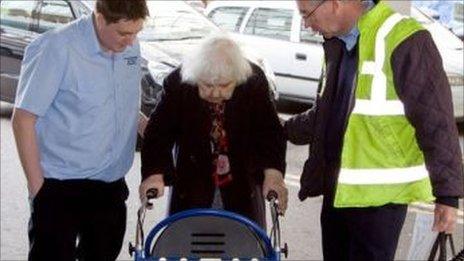South Western Ambulance Service 'failed' on 111 call handling
- Published
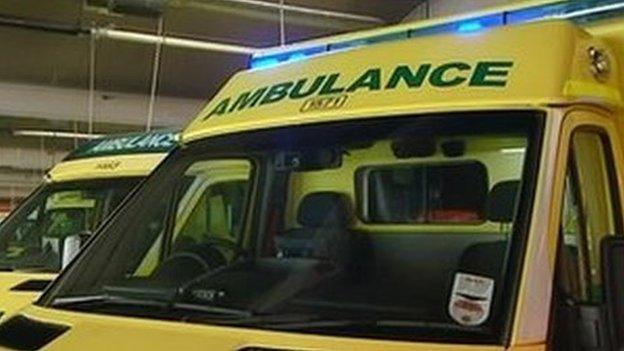
South Western Ambulance Service chief executive Ken Wenman said the service "failed to deliver the performance required by NHS England"
The South Western Ambulance Service has "failed to deliver the performance required" in answering weekend calls to the South West NHS 111 number, its chief executive has admitted.
In one week alone nearly 900 people seeking non-emergency advice in Devon, Cornwall, Dorset or Somerset abandoned their calls.
Extra workers were brought in to bolster the service over Easter.
The trust, which handles 111 calls in the region, is now reviewing staffing.
In a recent bulletin to staff, chief executive Ken Wenman said: "Over the past few weekends we have failed to deliver the performance required by NHS England and our commissioners."
He said there were several factors "but the main cause is that we simply do not have the correct number of call advisors and clinical supervisors on duty at peak times during the weekend".
He said it was unacceptable because "it presents a risk of calls being inappropriately passed to other services at peak times".
Now the SWAST is holding talks with staff to ensure there are sufficient staff to meet weekend demand in future.
Dave Beet, the trust's deputy director of service line strategy, said: "During those peak times our resourcing levels were not quite where they needed to be.
"We've learned from that and we will go on and improve on that and make sure that quality service is there for every day of the week and for every hour of those days of the week as well."
Dr Mike Haugh, clinical governance lead for NHS 111 in Devon, said: "We have worked together with SWAST and actions have been taken to improve the service."
In Cornwall, Andrew Abbott, from NHS Kernow, said extra doctors, nurses and support workers had been available during the Easter break and he was not aware of any further issues.
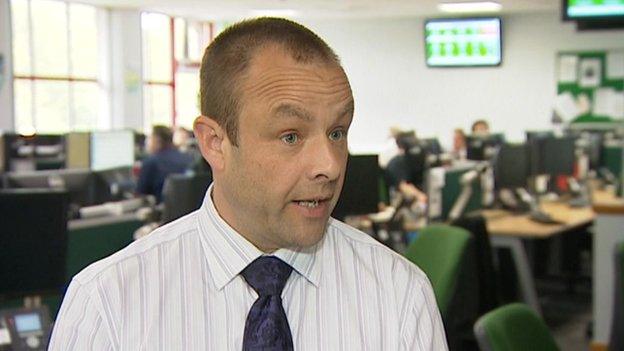
Dave Beet said that during peak times resourcing levels were "not quite where they needed to be"
- Published26 March 2014
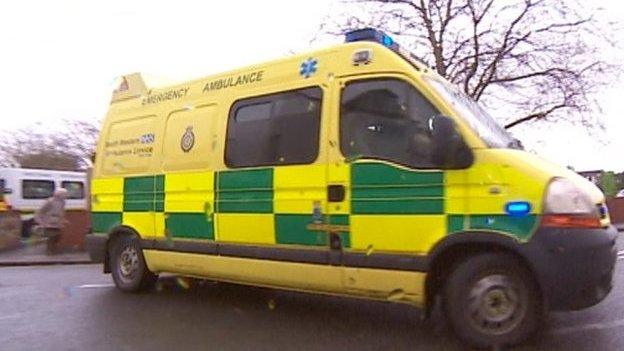
- Published11 March 2014
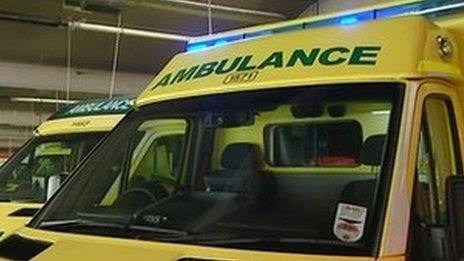
- Published4 February 2014
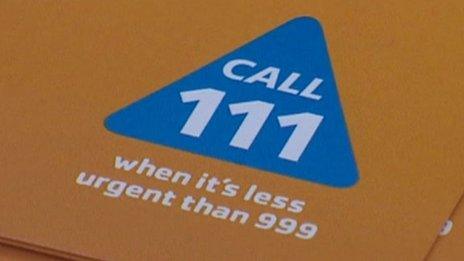
- Published7 December 2013
